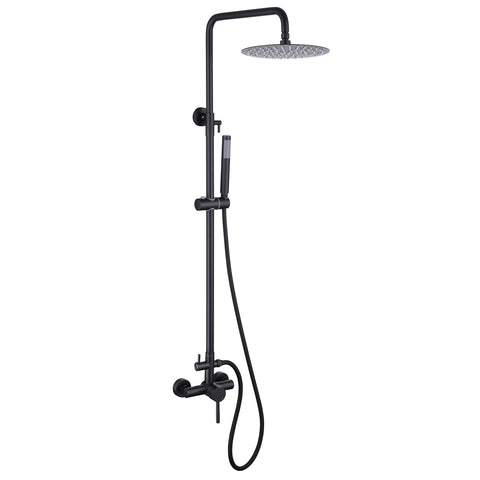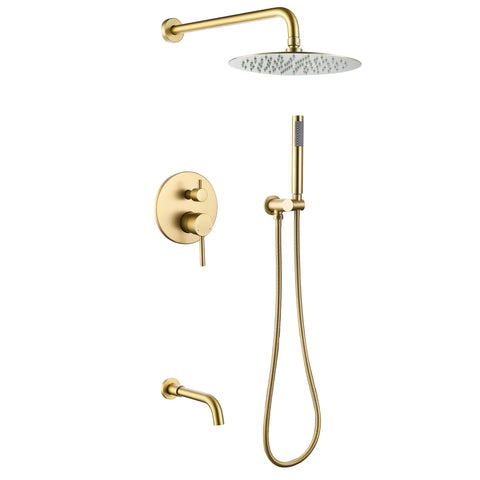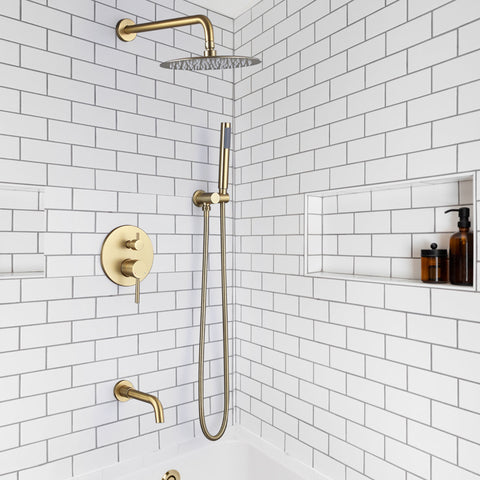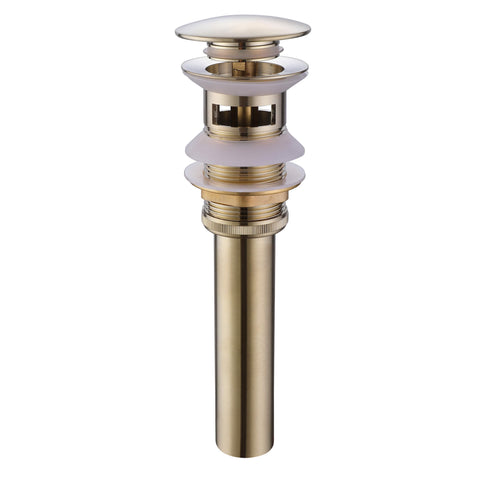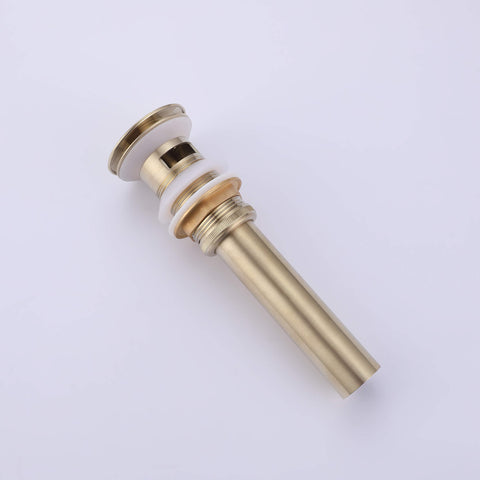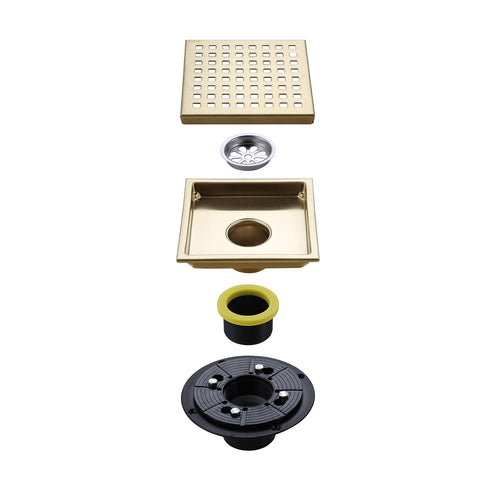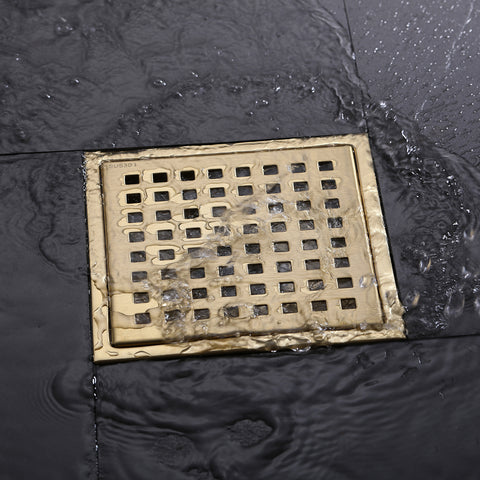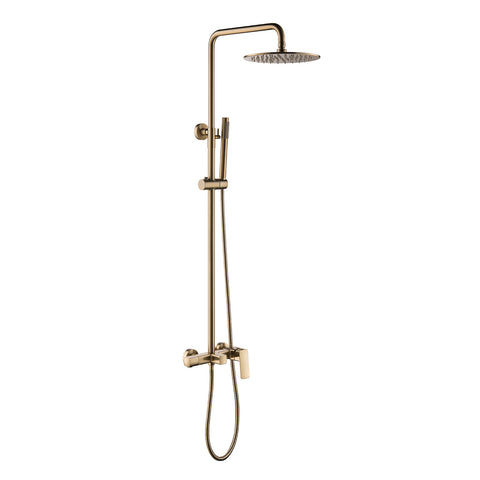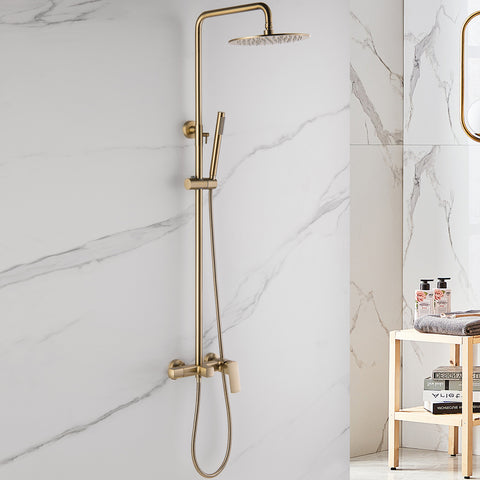Are Tap Water Filters Worth It? A Full Guide to Water Quality and Home Filtration
As concerns about water quality continue to rise worldwide, more and more households are reconsidering the safety and taste of their tap water. Although tap water in many regions meets strict regulatory standards, the growing awareness of contaminants—ranging from chlorine and heavy metals to microplastics—has led many people to explore simple home solutions. One of the most popular options is the use of tap water filters. These devices promise cleaner, better-tasting, and safer water at the turn of a faucet. But do they actually deliver measurable benefits? In this article, we’ll explore how tap water filters work, the contaminants they can remove, their benefits, limitations, and what to consider before investing in one.

Understanding Tap Water Quality
Tap water in most developed countries is regulated under strict national and regional safety standards. Treatment facilities routinely test for contaminants such as bacteria, nitrates, chlorine, lead, and other chemical pollutants. Through processes such as filtration, disinfection, and advanced purification methods, water is generally made safe for everyday consumption.
However, even with strict oversight, water quality can still vary from home to home. Aging infrastructure—especially old lead pipes—can introduce impurities after the water has already left the treatment plant. Seasonal changes, industrial pollution, natural disasters, and construction activities can also temporarily affect water purity or taste. Because of these variables, some households prefer additional filtration at the point of use.
The Role of Tap Water Filters
Tap water filters come in several formats, each designed to address different needs and installation preferences. The most common types include:
- Pitcher filters — portable, easy to use, and ideal for basic filtration.
- Faucet-mounted filters — attach directly to the tap for instant filtered water.
- Under-sink filtration systems — offer more advanced, multi-stage filtration.
- Whole-house filters — filter all incoming water, useful for homes with high sediment or well water.
Most tap water filters use a combination of technologies such as activated carbon, ion-exchange resins, sediment mesh, ceramic filters, ultraviolet sterilization, or reverse osmosis membranes. These components can reduce a wide range of unwanted substances including chlorine, lead, microplastics, pesticides, and even microbial contaminants.
Benefits of Tap Water Filters
Improved Taste and Odor: Chlorine and chloramine are commonly added by water treatment plants as disinfectants. Although safe in controlled amounts, they can leave an unpleasant smell or taste. Activated carbon filters excel at removing these compounds, resulting in water that tastes fresher and cleaner.
Reduction of Harmful Contaminants: Depending on the model, tap water filters can reduce contaminants such as lead, mercury, asbestos fibers, volatile organic compounds (VOCs), sediment, and agricultural chemicals. This can be especially beneficial in older homes, homes using well water, or regions where water quality reports show elevated contaminants.
Environmental and Cost Benefits: Filtered tap water is far more sustainable than bottled water. It reduces plastic waste and saves a significant amount of money in the long term, especially for families that consume large amounts of drinking water each day.
Convenience and Daily Use: Once installed, tap water filters allow you to enjoy clean drinking water instantly. There’s no need to boil water, purchase bottled water, or rely on delivery services. This convenience is a major reason many households adopt filtration.
Considerations and Limitations
Filters Are Not Universal: Not all filters remove all contaminants. Some models are excellent at chlorine removal but ineffective against heavy metals. Others may reduce lead but not address bacteria or nitrates. Always review the filter’s certification (e.g., NSF/ANSI standards) to ensure it targets the contaminants relevant to your area.
Maintenance Is Essential: To function properly, filters must be cleaned or replaced according to schedule. Overused filters can become clogged, reduce water flow, and even reintroduce contaminants into the water. Proper maintenance ensures consistent performance.
Cost vs. Value: While tap water filters can save money over time compared to bottled water, some systems require significant upfront investment and ongoing cartridge replacements. It’s important to compare the filtration capabilities with the total cost of ownership.
The Source Still Matters: Even the best filter cannot fix severely contaminated water sources. If your local water contains high levels of industrial pollutants or microbial pathogens, a more advanced system such as reverse osmosis or UV purification may be needed.
Final Thoughts: Should You Invest in a Tap Water Filter?
Tap water filters can offer meaningful improvements in taste, odor, and contaminant reduction, making them a popular choice for many households. However, it’s important to recognize that tap water is already safe in many regions due to strict regulations. Whether or not a filter is “worth it” depends on your personal preferences, your local water quality, your home’s plumbing, and your budget.
Before purchasing a filter, review your municipal water quality report, consider your own taste preferences, and evaluate which contaminants you want to reduce. With the right system and proper maintenance, a tap water filter can be a valuable addition to your home—providing cleaner, fresher water while supporting a healthier and more sustainable lifestyle.
